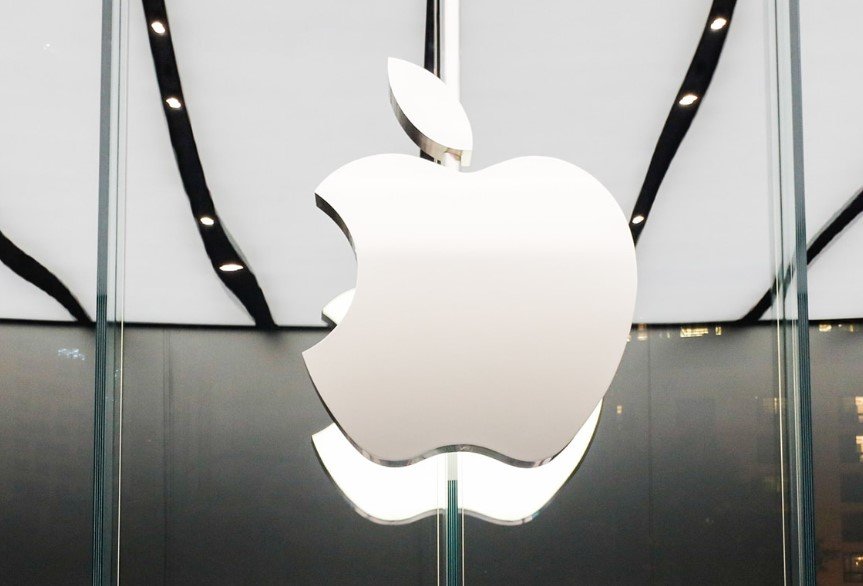From promise to platform
In December 2024, Tim Cook made a brief but pointed appearance in Riyadh. He didn’t unveil a gadget, launch an ad campaign, or hold a developer Q&A. He simply stood on stage and made a promise: Apple would formally enter the Saudi market in 2025—not just through resellers or grey market channels, but directly.
Seven months later, that promise has partially arrived in the form of Apple’s first official online store in Saudi Arabia, a platform that speaks fluent Arabic, runs entirely under Apple’s control, and for the first time, lets Saudi consumers customize, engrave, and troubleshoot their devices—without going through third parties.
It’s not the flagship Riyadh Apple Store yet. But it’s no less significant.
A region long in waiting
Until now, Apple’s Saudi footprint was a curious paradox: massive brand affinity, but almost no retail presence.
Consumers could buy iPhones from telecoms, pick up accessories at malls, and even send a MacBook for repairs—but rarely through Apple itself. The entire experience was mediated by Authorized Resellers, many of whom offered inconsistent pricing, unclear return policies, and no customization options.
That changes with the online store, which launched quietly this week with no media fanfare. Still, it was quickly noticed.
Within hours, social media across the Kingdom lit up with screenshots of the new Arabic-language product pages, full availability of the latest models, and most notably: support for custom Mac configurations, engraving services for AirPods and iPads, and trade-in options, just as in Europe or the U.S.
One-click shopping, in Arabic. It was overdue.

No middlemen, no markups
Historically, Saudi consumers have paid a premium for Apple gear—sometimes as much as 15% above U.S. retail prices. The reasons varied: import duties, reseller markups, inventory lags.
Now, pricing is transparent and standardized. A 256GB iPhone 15 Pro sells for SAR 4,899, identical to the UAE price. The new online store also supports Apple Pay and offers split-payment financing through local banks.
More importantly, it cuts out the friction of unclear policies. Returns, warranty claims, and repairs are now handled under Apple’s official umbrella—with service centers in Riyadh and Jeddah slated to come online before the end of the year.
For the first time, Apple customers in the Kingdom have access to the full suite of services, without the usual disclaimers.
Apple’s dual-market Gulf strategy
This is not just a nod to Saudi demand—it’s part of Apple’s broader Gulf calculus. In less than five years, Apple has opened five UAE locations, including Al Ain, The Galleria Al Maryah Island, and its landmark store at Dubai Mall.
Saudi Arabia, though, is a different market: younger, more mobile-centric, and in the midst of an economic transformation aimed at weaning the Kingdom off its oil dependency.
Apple’s online rollout, and the planned 2026 Riyadh flagship, aligns perfectly with Saudi Arabia’s Vision 2030 agenda—a policy suite that emphasizes digital transformation, smart cities, and foreign investment in tech.
“The Arabic online store isn’t just a convenience; it’s a message,” said Marwan Al-Harbi, a Riyadh-based digital economy consultant. “It tells young Saudis that Apple sees them not as a peripheral market, but a core one.”
What’s available—and what isn’t (yet)
As of July 22, Apple’s Saudi store offers most—but not all—of the same services available in other regions.
Here’s a breakdown:
| Feature | Available Now | Coming Soon | Not Yet Available |
|---|---|---|---|
| iPhone, iPad, Mac, Watch sales | ✅ | – | – |
| Arabic-language support | ✅ | – | – |
| Custom Mac configurations | ✅ | – | – |
| AirPods engraving | ✅ | – | – |
| AppleCare+ availability | ✅ | – | – |
| In-store pickup | – | ✅ (2026) | – |
| Genius Bar services | – | ✅ (TBD) | – |
| Apple One subscription bundles | ✅ | – | – |
The full in-person retail experience—demo devices, free workshops, Genius consultations—will have to wait for the flagship opening. But Apple has clearly set the foundation.
One bullet to summarize the shift
Apple’s new Arabic online store lets customers across Saudi Arabia buy products directly, in local currency and language, with full customization and support—ending decades of dependence on resellers and setting the stage for its first physical Apple Store in Riyadh, expected in 2026.
Cultural fluency as a strategic asset
This isn’t the first time Apple has adapted locally—it famously added hijri calendar support to iOS, localized Siri for Gulf Arabic, and introduced region-specific watch faces. But building a store that speaks Arabic from the ground up marks a different level of commitment.
It means product descriptions, tech specs, help guides, and checkout flows are all written in language and tone that resonate with the Saudi consumer.
No more relying on mangled translations or YouTube walkthroughs. Apple is speaking in the Kingdom’s own voice.
Quiet launch, loud message
Apple didn’t stage a keynote. There were no ads. Not even a tweet from Tim Cook. Yet the reaction has been swift. The store’s backend reportedly handled over 150,000 visits in its first 36 hours, with Riyadh and Jeddah accounting for nearly 80% of all traffic.
Saudi Arabia is the largest economy in the Arab world. It now has a direct line to Cupertino.
